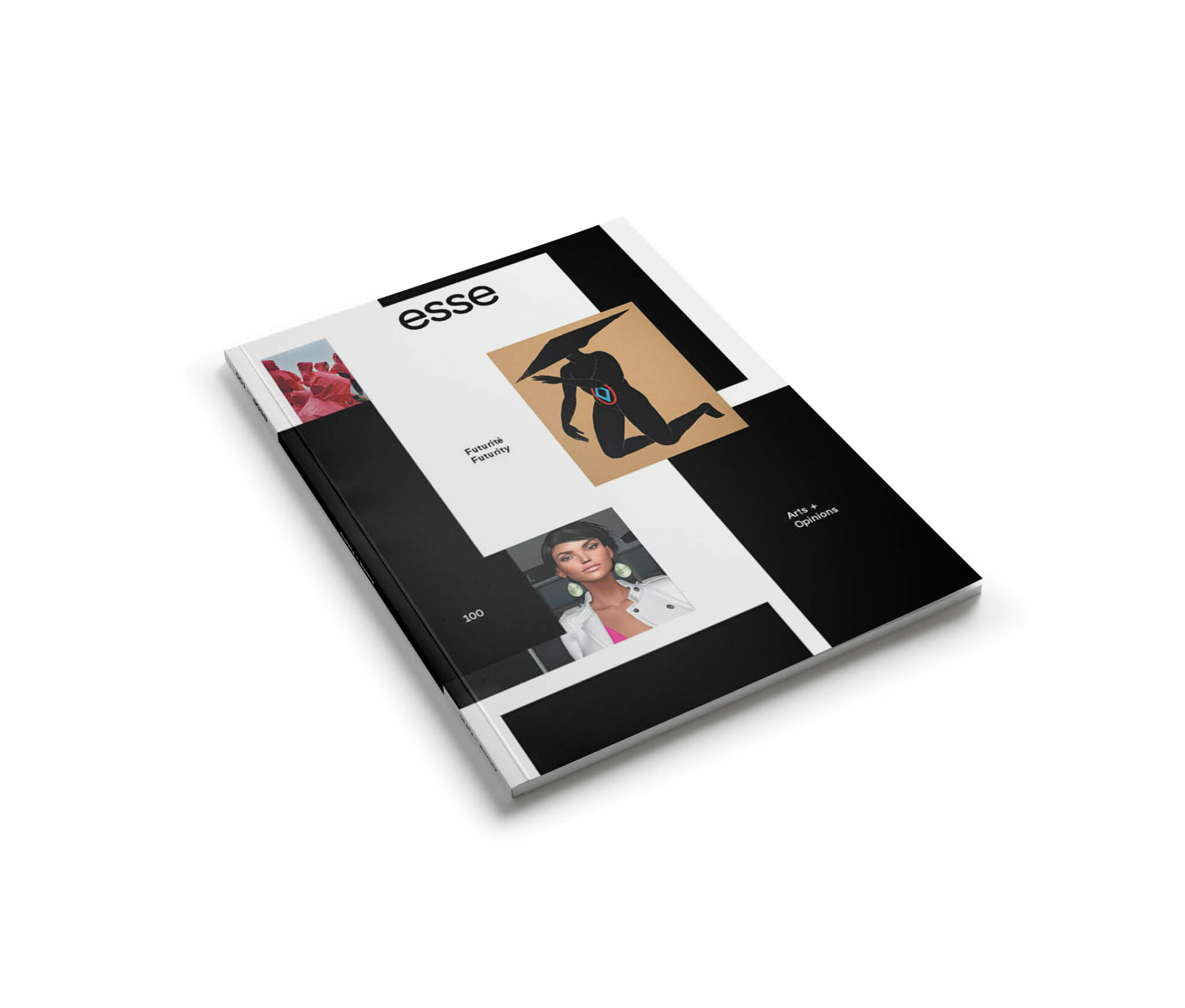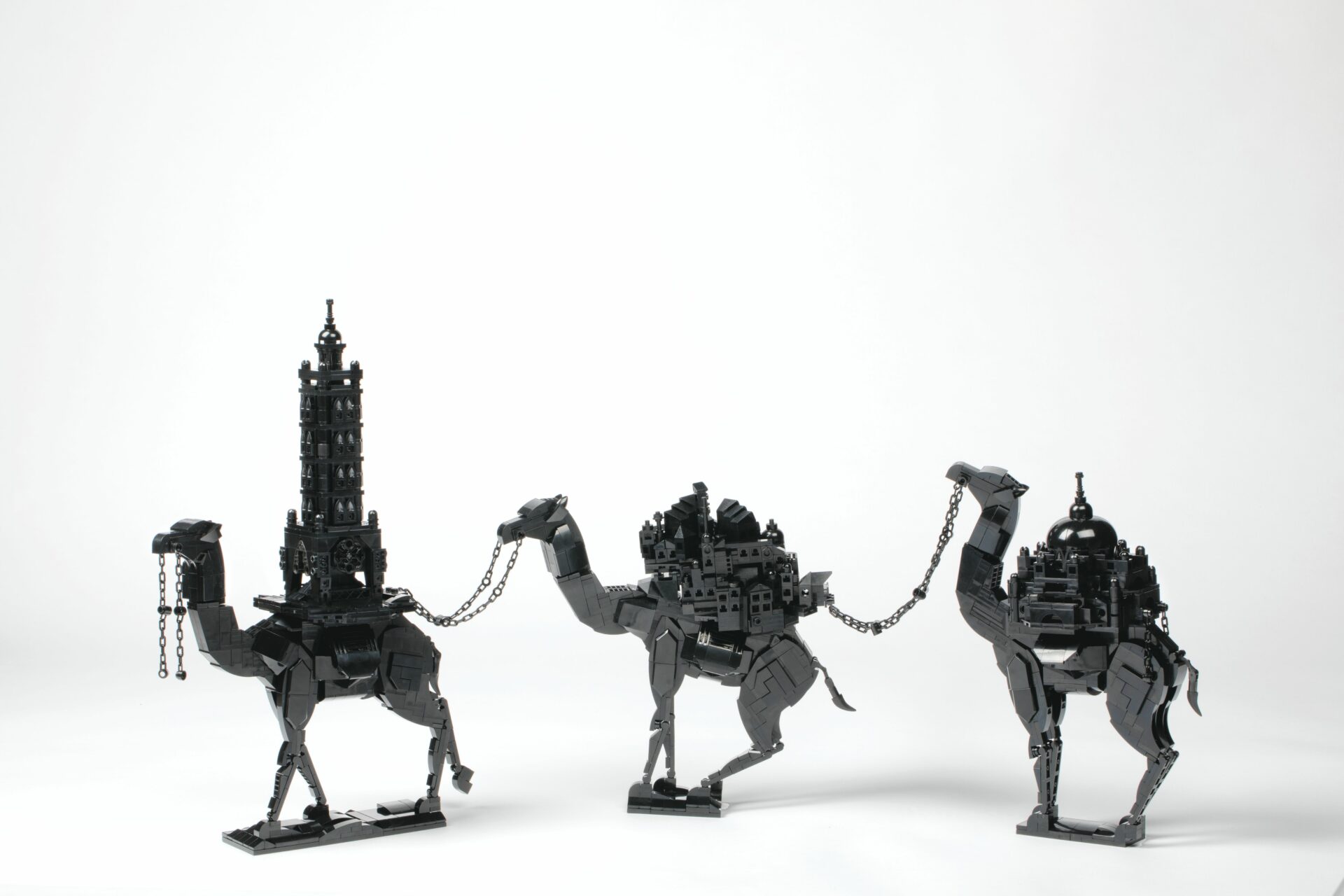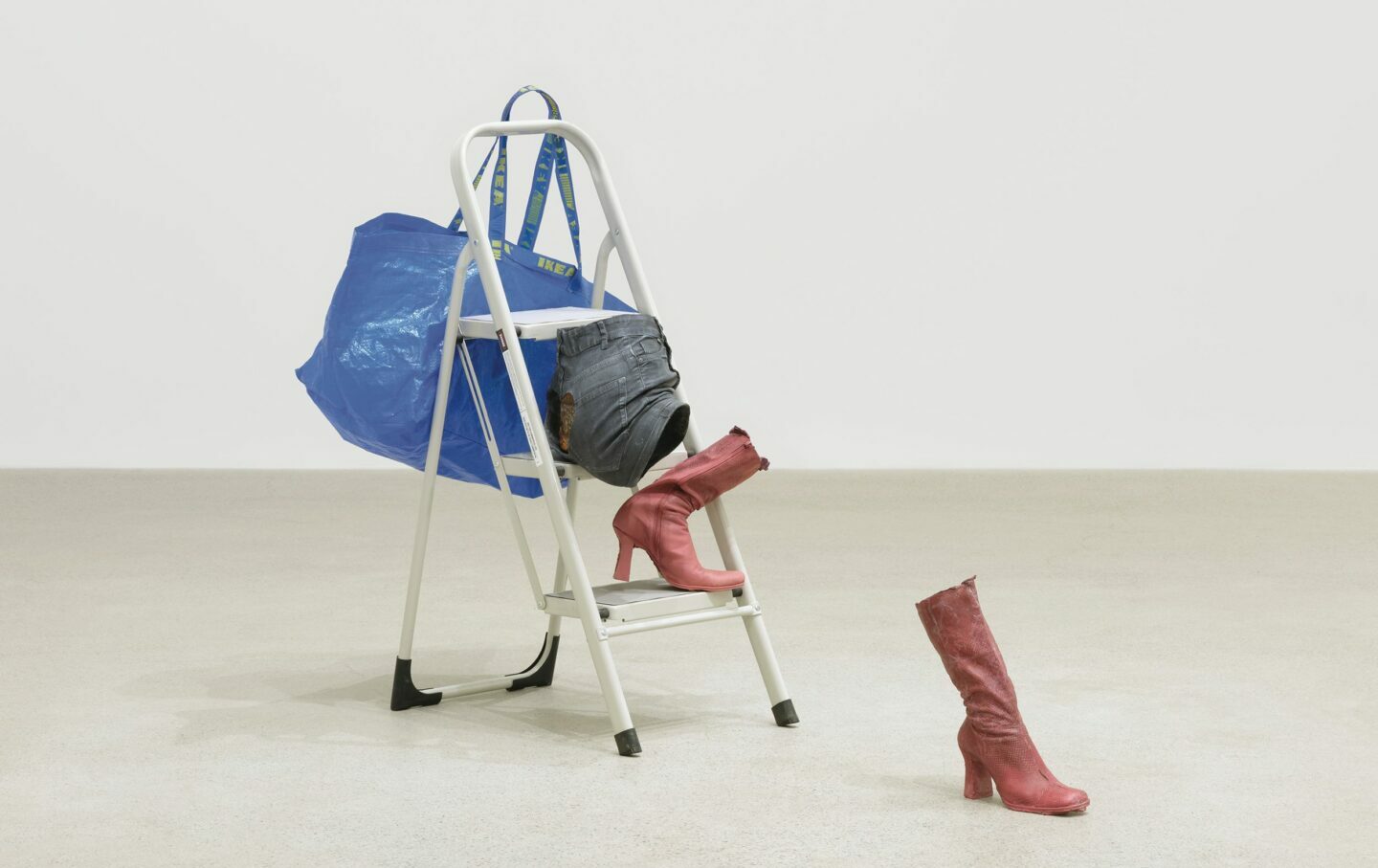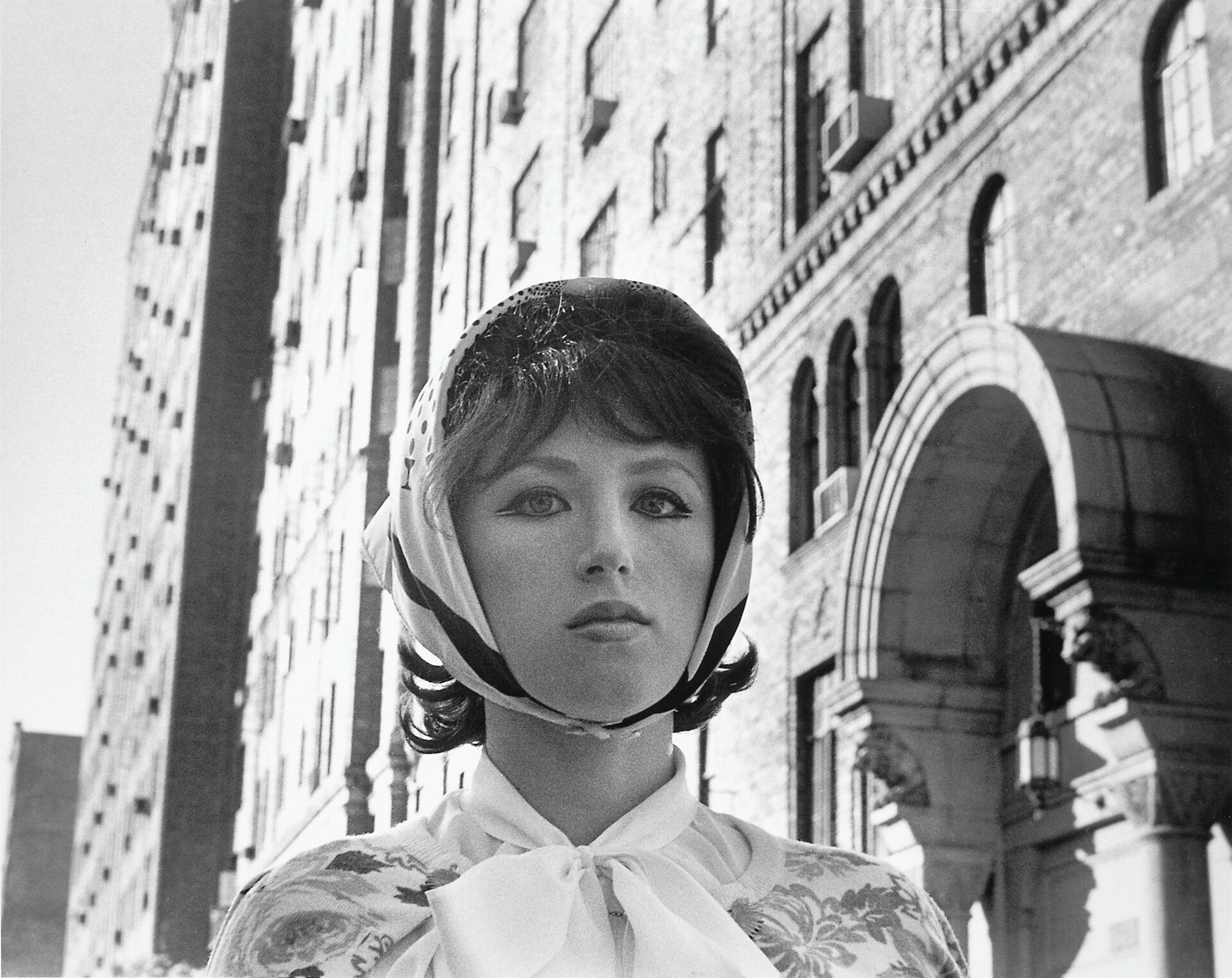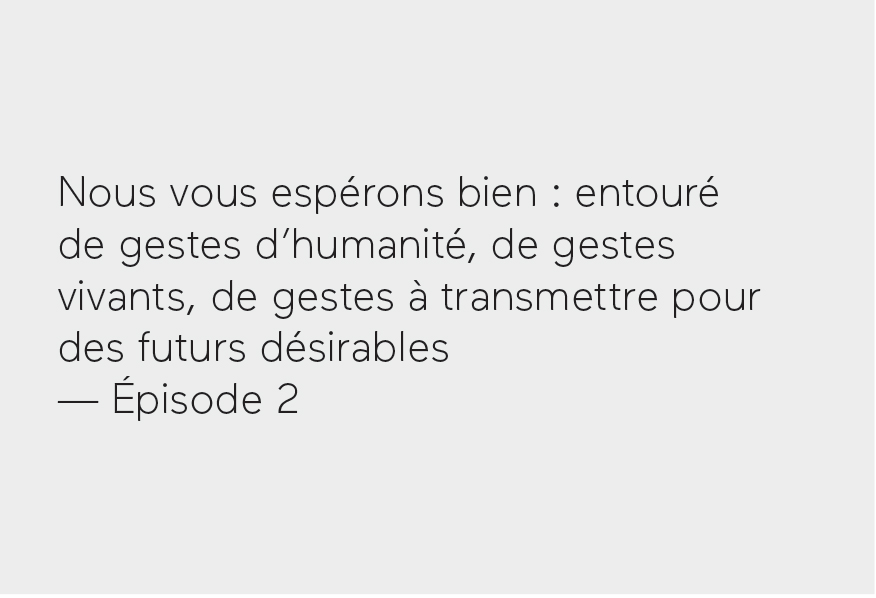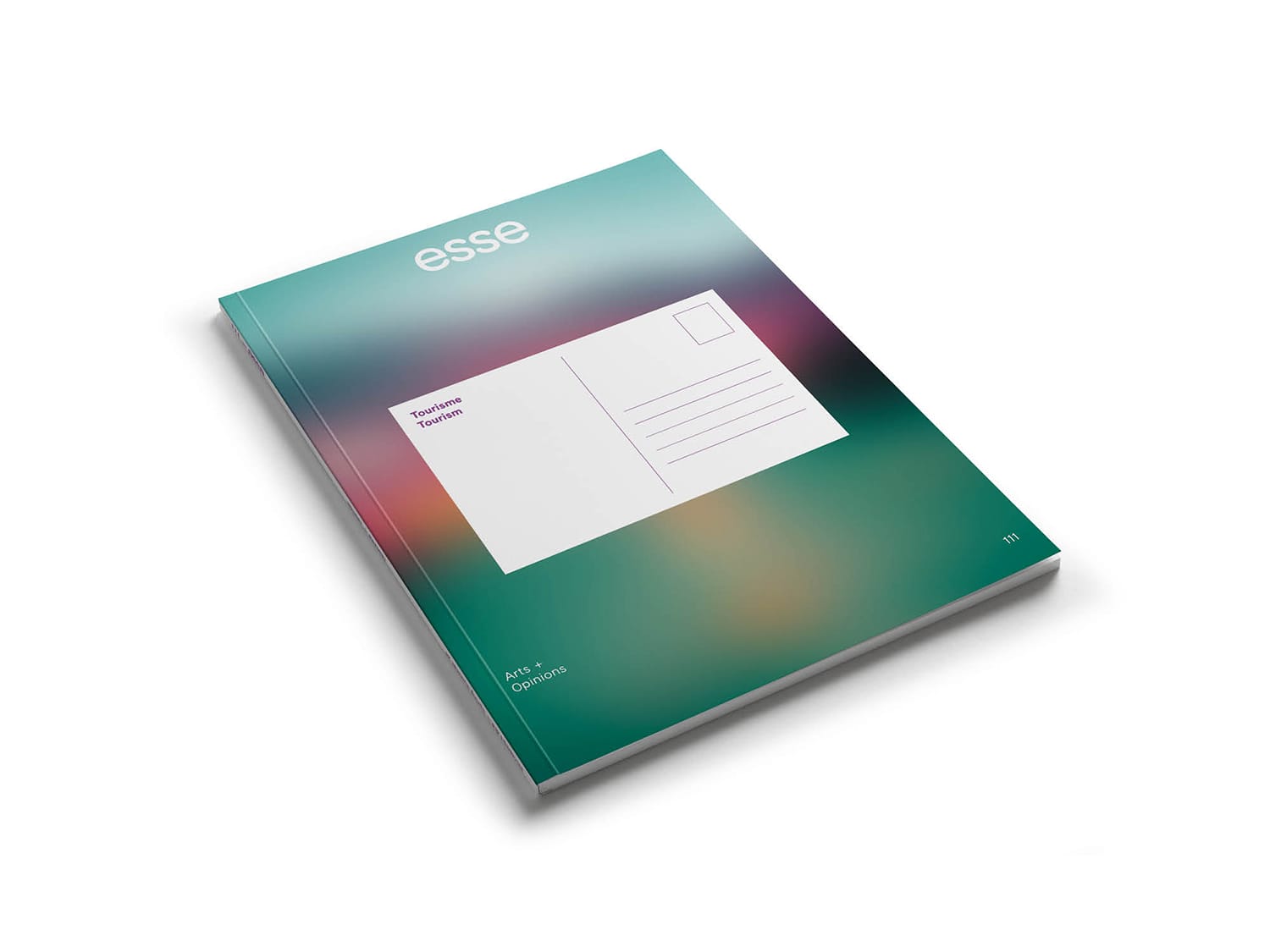Summary
100
Futurity
Fall 2020
This hundredth issue explores the theme of futurism, which offers new avenues for thinking about a more positive continuation of the world outside the traditional schemes of critical utopianism. Whereas according to our chronological way of conceiving time, the past would influence the present and the latter would act on the future, futurity proposes that the future we anticipate determines our present actions. Thus the future that we imagine would act directly on the present by shaping these actions. The notion of futurity can also be understood as a form of reparation inscribed in a decolonial perspective. Practices such as Afrofuturism and Indigenous Futurism, which specifically target these issues, are a focus of reflections on futurity. We also discover works that go beyond time frames, combining traditional knowledge and technology, ancestral myths and speculative fiction, works that are resolutely critical and committed to the future.
Editorial
Feature
Mermaids… and Mud: Futurability in Viral Times
No Future ?
Chronopolitics of the Future: An Interview with Aliocha Imhoff and Kantuta Quirós.
Indigenous Intemporalities and Performative Futurities
Surviving the End of the World: Colonialism and Climate Change in the Work of Christina Battle and David Hartt
Reinventing Strangeness: Shannon Finnegan and the Demand for Disabled Futures
Portfolios
Columns
Reviews
Young Critics
Current Issue
Tourism
Spring Summer 2024
Because it is essential for it to be open to the world, art is particularly affected by concerns related to planetary travel. From a position at the intersection of contemporary art, leisure, ecology, and destination culture, Esse no. 111 observes artists’ and critical thinkers’ strategies for revisiting the very notion of tourism. Although the harmful impacts of the tourism industry are beyond question, the thematic section avoids falling prey to tourismphobia and simply pointing out its failures. Rather, this issue offers a guided tour of situations and places where art and tourism converge.
